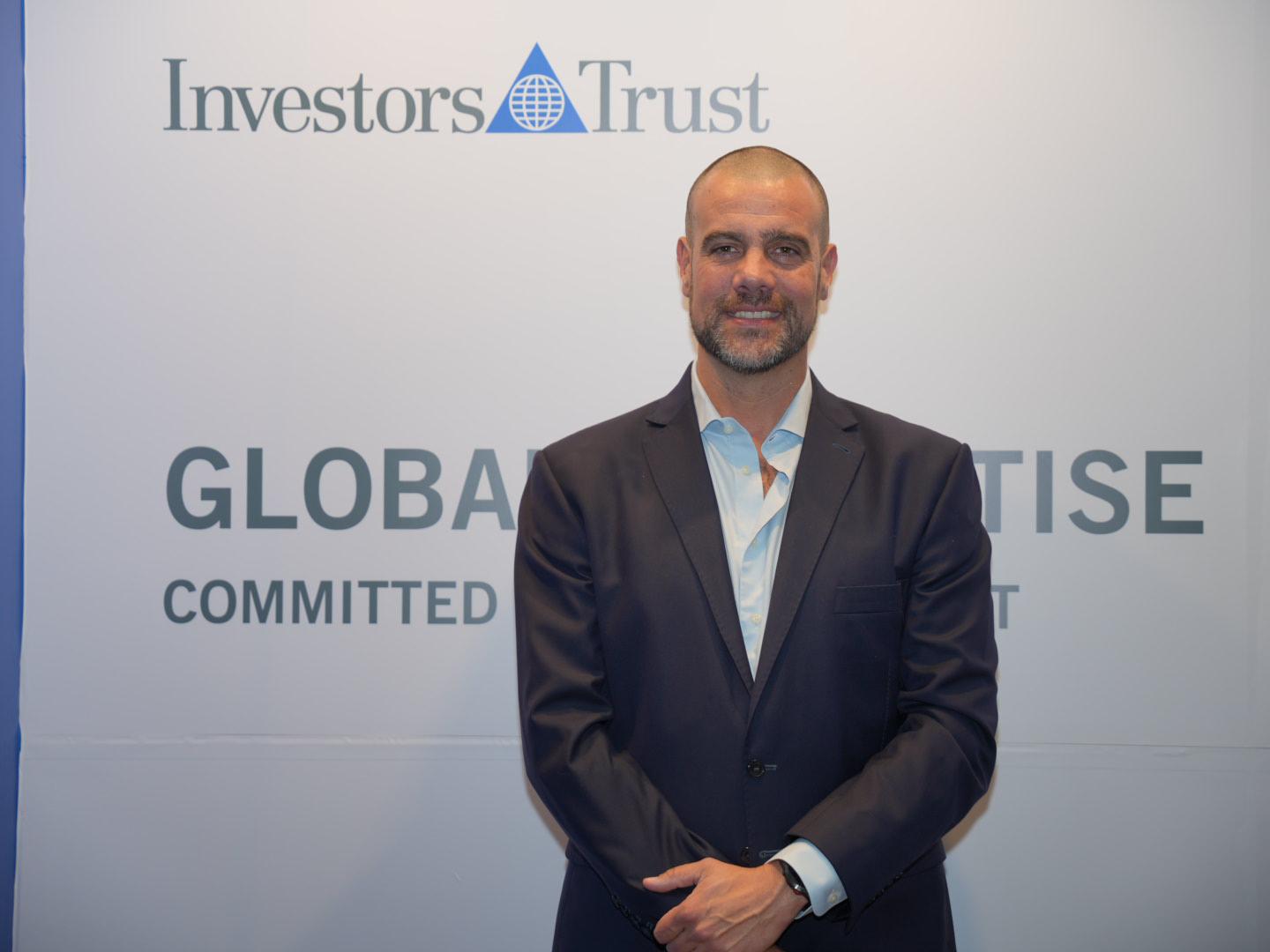The UK's HMRC collected £731.1bn in taxes and duties in 2021-22, the highest on record, reflecting the end of the acute phase of the pandemic.
But in a report today (11 January) the UK parliament's Public Accounts Committee said HMRC is still not deploying the resources required to maximise the tax revenues it collects or provide an acceptable level of customer service.
At a time of huge strain for the public finances £42 billion is owed in unpaid tax, and HMRC is failing to collect around 5% of the tax it is owed each year.
In an historic cost of living crisis, HMRC must target scarce resources to ensure businesses and individuals who are able to pay, do. For every £1 HMRC spends on compliance activities, it recovers £18 in additional tax revenue. The failure to better resource compliance means Government is missing the opportunity to recover billions in lost revenue.
The Committee said it was unconvinced plans to address HMRC's ‘unacceptable' customer service will sustainably reduce demand or deal with the poor level of service quickly enough.
HMRC also lacks ambition to tackle fraud and error and recover losses, it said.
"It only expects to recover around a quarter of the estimated £4.5 billion lost to fraud and error in its COVID-19 support schemes. Fraud and error are also high for research and development tax reliefs, which are ‘costly, prone to abuse and provide questionable benefit to the UK economy'".
Problems with VAT's susceptibility to fraud appear to be better managed in other European jurisdictions, the report further claimed.
Meg Hillier MP, chair of the committee, said: "The eye-watering £42 billion now owed to HMRC in unpaid taxes would have filled a lot of this year's infamous public spending black hole.
"But the public purse will continue missing out on billions of desperately needed revenues as HMRC will only employ more staff to tackle compliance over the next few years - that's not fast enough to dent the tax gap at a time of huge public sector spending pressures. Meanwhile taxpayers battle customer services that need improvement.
"The PAC has reported on the many problems in the Covid support schemes that made an open goal for fraudsters, but HMRC is settling for trying to recover less than a quarter of estimated losses in schemes such as furlough. We recognise the problems HMRC faces - due to poor controls, the horse has bolted - but we believe there is a moral duty to pursue fraud. HMRC must dishonesty is not seen to create advantage."
In early reaction, Mike Hodges, tax partner at Saffery Champness, said: "To those at the sharp end who deal with HMRC every day, the PAC report comes as no surprise it is just disappointing that it takes external scrutiny at this level for the problems to be brought to light.
"Anecdotally amongst practitioners that I speak to, this is just the continuation of a trend that has been evident for a number of years and seems to apply across the board - personal tax self-assessment, corporation tax and inheritance tax have all been singled out as poor.
"This has culminated in HMRC's recent announcement that in January it would only deal with ‘complex enquiries' on the agent-dedicated line for self-assessment.
"If HMRC is serious in helping its ‘customers' navigate the complexities of the tax system and pay the right amount of tax, then it remains the case that significant improvement is needed."
He added: "That said, it is important to acknowledge that there are some very dedicated and capable individuals within HMRC. This is particularly noticeable when dealing with complex enquiries which suggests that HMRC does try to channel its resources to bridging the tax gap.
"However, the talent market is challenging and HMRC doubtless faces the same difficulties that many other organisations do in recruiting and keeping good people."










